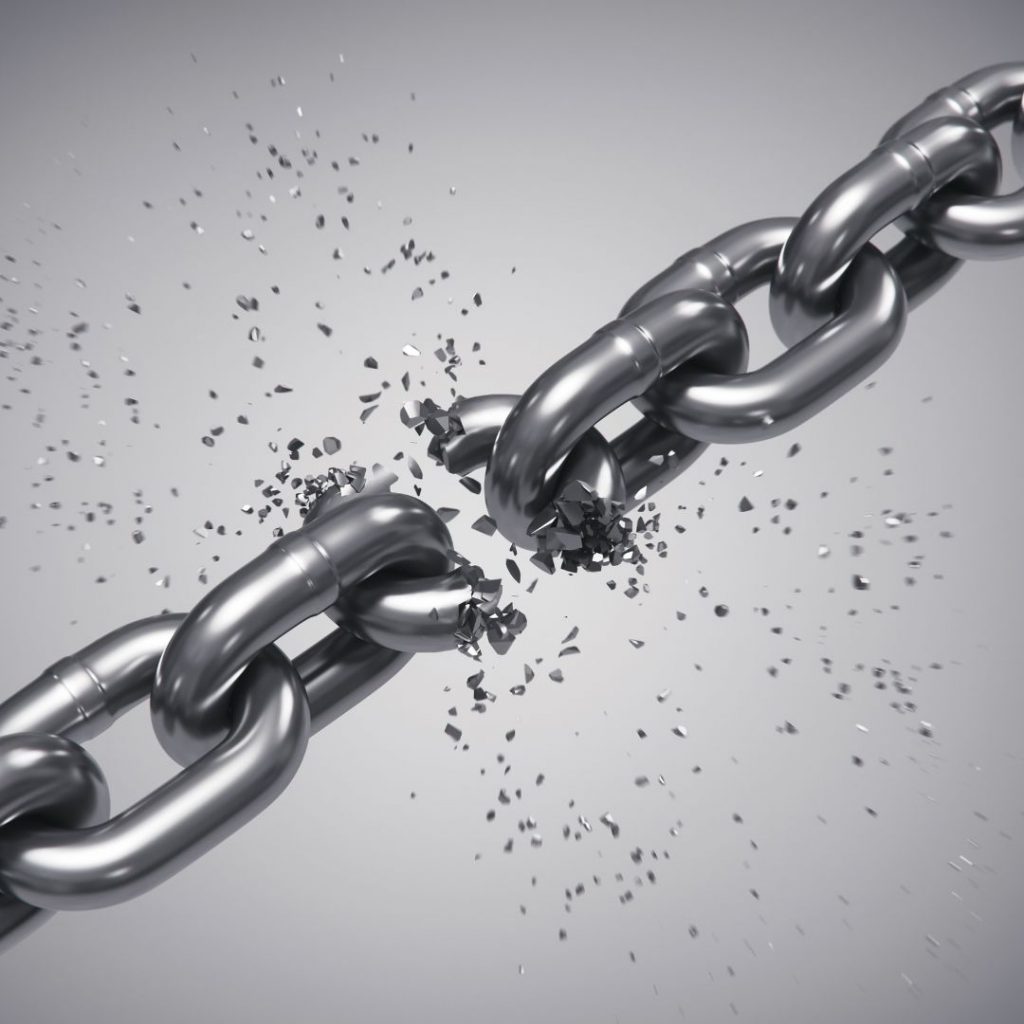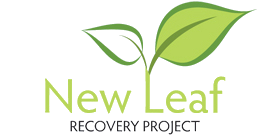Beyond Shame: Why Seeking Help for Addiction is a Sign of Strength

With stems from misinformation and negative stereotypes surrounding addiction, many people struggle by carrying the burden of shame, making them hold back when it comes to seeking help. However, we must understand that seeking help is a sign of strength, not weakness.
Often, movies and media paint addicts as flawed or irresponsible, but the truth is much deeper. Addiction doesn’t care about your background or where you’ve been, it can affect anyone.
Many people struggling with addiction carry a heavy burden of shame, stopping them from seeking the help they need, with the idea that ‘once you’re an addict, you’re always an addict’ added to this burden, makes it seem like there’s no way out.
It’s important to understand that addiction isn’t just a choice, it’s a chronic brain disease that deserves compassion and support, and therefore various treatments and therapies are available, and please believe that recovery is possible. Taking that first step towards help takes incredible courage and strength.
Let’s change the conversation around addiction, from the current negative stigma to one of support and understanding. Together, we can create a world where seeking help is not only okay but celebrated as a brave step towards a brighter future.

Understanding Addiction and the Path to Recovery
Addiction, be it a drug, alcohol, or behavioural addiction, is a brain disease that is caused by a range of factors, including genetics, environment, brain chemistry and more. They are not only related to the simple factor of ‘controlling themselves’ and, even though it may be a bit harder for some people to understand it, it goes beyond of ‘just saying no’.
Genetics: Some people are genetically more susceptible to addiction. This is caused by a combination of genes that interact with environmental factors, mainly with people who have a family history of addiction – but not a rule.
Environment: The environment is a huge factor when it comes to addiction causes. It can vary from childhood trauma, where being through negligence, abuse or violence can increase chances of relying on substances or specific behaviours, pressure or social circles and socioeconomic disadvantages.
Brain Chemistry: Yes! Brain chemistry! Dopamine and reward systems can be hijacked by the use of substances and behaviours, by creating a strong sense of pleasure when it comes to these specific acts. The neurotransmitters of serotonin and glutamate can also get compromised by getting imbalanced and therefore playing a big role in addiction.
Mental Health: A range of mental health factors can also contribute to additions. These may vary a lot, but some of the common mental health issues include depression and anxiety, whereas people may look to conform and numb negative emotions with the use of drugs or any other substance, or by creating behavioural addiction that can either numb these feelings or create other feelings other than sadness and so on.
Find Your Path to RecoveryDifference between occasional use & addiction as a medical condition
When it comes to addiction, no matter which addiction, there are a few signs that can differ in occasional use and behaviours, from the addiction itself. Whereas the occasional situation may be controllable, cause no negative impacts on the person’s life, and bring pleasurable experiences without the needing it to function, the addiction can:
- Make you a compulsive user.
- Make you lose control over use and behaviour.
- Cause negative impacts, be it at work, health, relationships, and more.
- Cause dependence, where the body adapts to the use or behaviour and causes withdrawal symptoms when not present, be they physical and/or psychological factors.
Why Admitting You Need Help is Powerful
Realising that addiction is more than just about saying no to drugs or certain behaviours and admitting that you need help to take back control of your life and actions isn’t a simple task. Addiction can deeply affect a person’s life, and deciding to make a change is a massive step.
If you consider that even those without addictions often struggle with change or contemplating it, can you imagine the additional challenges faced by someone grappling with addiction? It requires immense courage to confront the issue and seek assistance.
So, if you’re thinking of seeking help, know that it doesn’t mean weakness. In fact, it reflects great strength and resilience. You may possess more inner strength than you realise!
Seek Help TodayThe Positive Impact of Addiction Treatment
As addictions may get control over someone’s life, sometimes it can feel like a prison, while also causing much harm to both the addict’s lives and their surrounding people. Therefore, addiction help and treatments are available in a range of types and approaches, bringing back much joy and strength!
Addiction treatments may help people get back control of their lives, by equipping them with conscious decisions and strategies to manage their choices and cravings, breaking the cycle of addiction whereas shame and guilt are often present and bringing empowerment over actions, and much more!
Being free from addiction may also mean allowing your body to heal from the impacts of the abuse, such as bringing a stronger immune system, better nights of sleep, mental clarity, improved cognitive function, and reduced risks of diseases. This is all because addiction help and treatment is not just about stopping the use or behaviour itself, but also a positive change that will extend to your entire body, and therefore to your relationships and your life!
Taking the First Step Towards Recovery
Are you considering addiction treatment but unsure where to begin?
If you’re ready to take control and explore your options, the New Leaf Recovery 7-day programme can be a great ally. It offers a confidential and tailored assessment designed to guide you through your recovery journey, while the detox process will restore your body, and counselling and therapies will help you to treat both mental and behavioural factors.
This programme is an excellent foundation, but it’s not the only option. We understand that each person requires a unique programme, and each condition and addiction may require different treatments. Therefore, we can offer tailored solutions for each patient.
If you’re unsure which option is best for you, our team is here to help. We can explore different treatment options to find the solution that fits your needs and requirements, and please, make sure that confidentiality is our priority.
And remember: You don’t have to navigate this journey alone. We are here to support on every step of the way!
Start Your Recovery TodayReceive a Free Call Back
"*" indicates required fields
Our Complete Recovery Journey - from your initial enquiry, all the way through treatment and beyond into ongoing support, New Leaf Recovery are there to guide and support you.
New Leaf offers a complete journey of treatment - from initial detoxification and rehabilitation to ongoing support, including aftercare, family support, and beyond into long-term recovery.
Getting the right accommodation enables us to provide the right backdrop for our recovery methods. Any form of rehabilitation needs to happen in a safe, comfortable, secure and friendly environment.
Receive a Free Call Back
"*" indicates required fields










